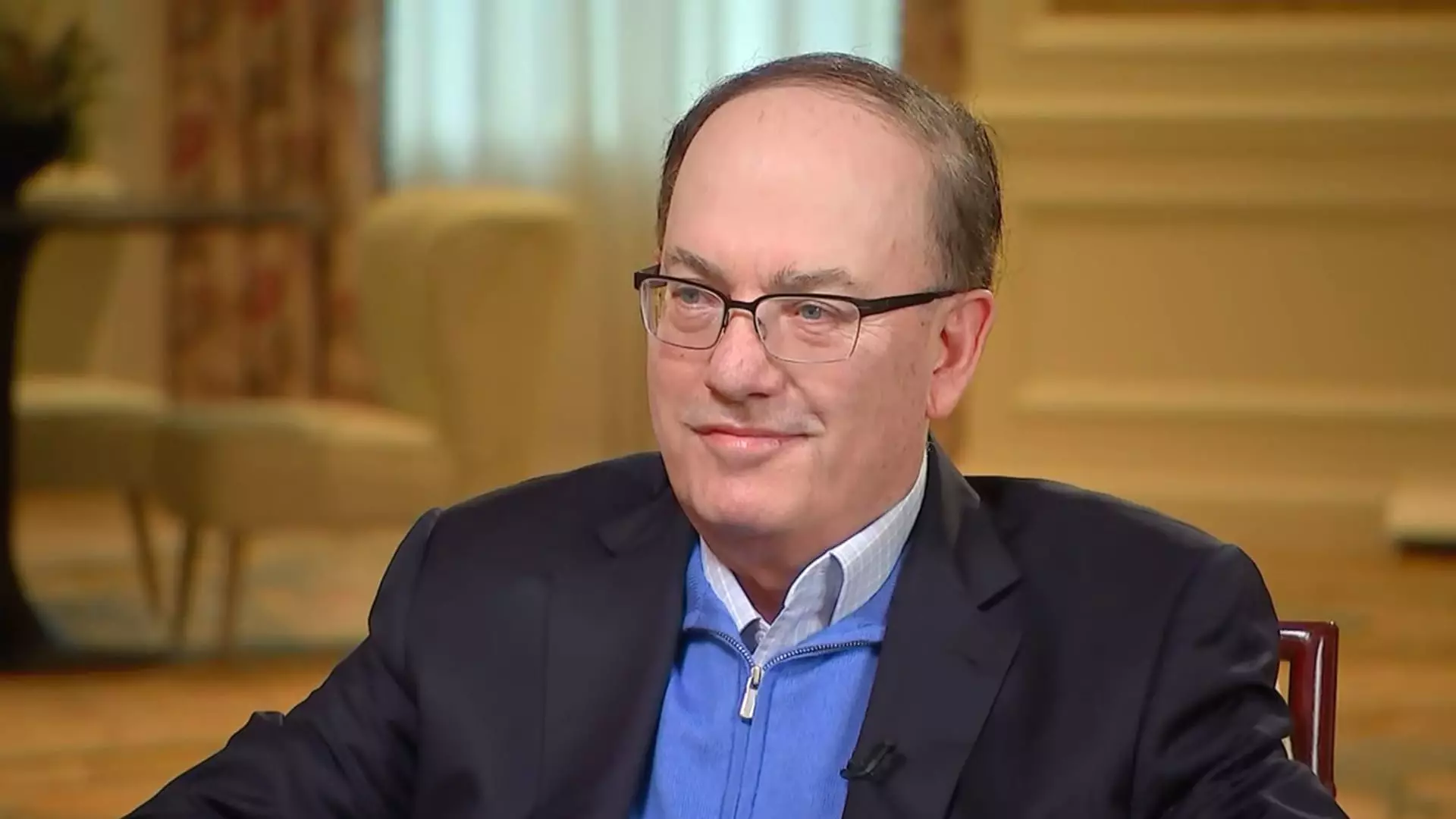In a recent assessment at the FII Priority Summit held in Miami Beach, Florida, billionaire hedge fund manager Steve Cohen expressed a deepening pessimism regarding the U.S. economy. Taking into account a series of government policies, including aggressive tariffs and stringent immigration controls, Cohen articulated his fears about inflationary pressures coupled with a potential decline in consumer spending. His candid remarks reveal a growing anxiety about the sustainability of economic growth in the current environment.
Cohen pointedly criticized President Donald Trump’s trade policies, asserting that these moves could lead to detrimental inflationary effects. He stated, “Tariffs cannot be positive, okay? I mean, it’s a tax.” This perspective underscores how tariffs, while designed to protect domestic industries, often backfire by imposing additional costs on consumers and businesses alike. By enhancing the cost of goods through taxes on imports, these tariffs can directly erode consumer purchasing power, leading to a decline in overall spending behaviors.
Immigration Policy’s Impact on Labor Market
Furthermore, Cohen addressed the implications of current immigration policies on the labor market. He noted that decreased immigration could contribute to a stagnation of the labor force, stating that the sector will not grow as rapidly as it has in previous years. The tightening of immigration laws could stunt economic growth, as a reduction in available labor limits productivity and innovation, essential components for a thriving economy. Cohen’s insights highlight the critical relationship between immigration and economic vitality.
Federal Spending Cuts and Economic Health
The conversation turned to federal spending cuts led by Elon Musk, who aims to slash federal expenditures by $2 trillion. Cohen voiced skepticism about the potential benefits of such a drastic reduction. He argued that the withdrawal of substantial government spending could have far-reaching negative consequences, suggesting that a jolt in fiscal policy could destabilize economic foundations that have been established over previous years of spending. “When that money has been coursing through the economy…has got to be negative for the economy,” Cohen cautioned.
In light of these discussions, Cohen anticipates a potential downturn in the stock market. He foresees a slowdown in economic growth, predicting a drop to 1.5% from 2.5% by the end of the year. This outlook suggests an impending phase in the market that could be characterized by significant corrections and increased volatility. Cohen’s observations reveal a broader sentiment of uncertainty, arguing that the best economic returns may have already been realized, leading to the need for caution among investors.
Steve Cohen’s insights serve as a valuable warning bell for investors and policymakers alike in these turbulent times. With a landscape marked by rigorous trade policies, tightening immigration laws, and drastic spending cuts, the U.S. economy appears to be at a crossroads. The implications of these factors stretch well beyond immediate fiscal health, shaping the future of employment, consumer behavior, and overall economic stability. As stakeholders navigate this uncertain terrain, caution and strategic foresight will be crucial in mitigating potential risks associated with an evolving economic environment.

